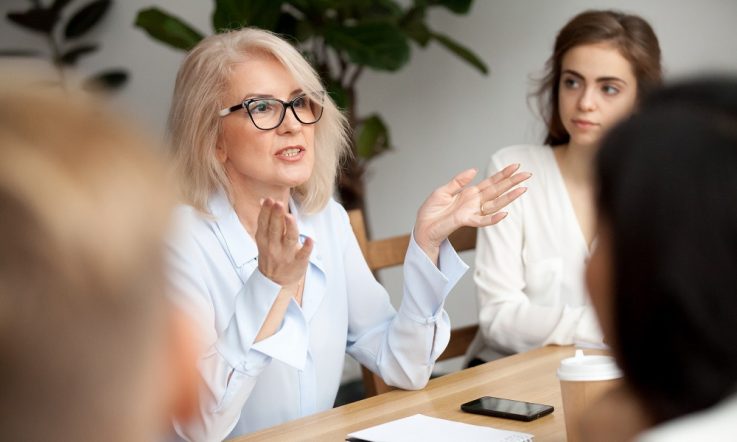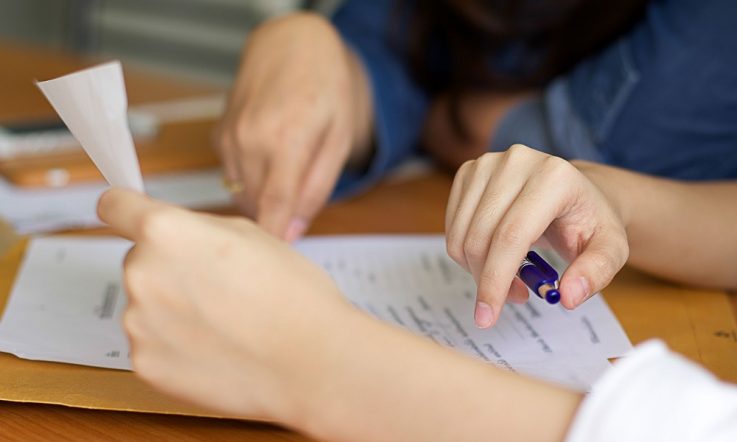It is known that effective staff collaboration – including through Professional Learning Teams and Professional Learning Communities – can help teachers improve their own practices and, ultimately, student outcomes. We're sharing how three schools in the Northern Territory are prioritising this way of working and the impact it is having on staff and students. You can read how Collaborative Learning Teams are being used at Bradshaw Primary School in Alice Springs.
Principal Kerrie Russell began her role at Alice Springs' School of the Air in the middle of 2017. Upon recognising that staff professional learning was mostly through a whole-school approach, Professional Learning Teams (PLTs) were set up to complement the work already being done.
With just 16 teaching staff members, Russell says splitting the PLTs into stages of schooling (as opposed to year levels) was the most logical thing to do. ‘There are lots of different ways to set up PLTs, obviously. There's no right or wrong, but for how we work here – and a lot of it is about curriculum activity that we have to create and then deliver to our students remotely – it just made sense to do that.
‘So [the PLTs] go through the inquiry cycle and that will guide their learning and their action throughout the year. I led one of the teams, the primary team; the assistant principal led the early childhood team (because she's an early childhood specialist); and we already have a middle years team leader here, so he led that team.'
Specific improvement initiatives
Staff were wanting to foster a school focus of feedback through PLTs in the P-9 school. ‘We said the school focus is on feedback, so every team will be focusing on feedback, but what that will look like in every team will be different,' Russell explains.
‘Using our spiral of inquiry approach in our PLTs, it was the idea that while still working under the broad focus – that is, the school focus [of] feedback – the teams decide where they're at and where their students are at, what they focus their learning on and then their action on. So, I guess I've moved on from thinking everything's all done as a school, to some of the learning is happening in the teams. And then it's more targeted to the need of the team and their students.'
Russell notes that through its work with PLTs, the school is also growing its culture of collaboration. Because all the teachers sit in the same area – as it's a distance education school – Russell says there's always been a lot of natural professional learning conversations and sharing that happens. ‘So that's not yet collaboration, but we've got a great foundation of a culture of trust … and that's what you need before you can move into deep collaboration.'
Measuring the impact
‘The ultimate measure is student learning progress and achievement, because that's what you're setting up your [PLTs] for. It's not just about what teachers think. Is it having an impact on your students?
‘Having just introduced it this year, it's too early to see [the impact], but we are absolutely measuring [student learning] with a variety of progress and assessment tools. So that will also help us know if it's been a success.'
As for teacher perception about the new professional learning approach, Russell says the annual use of the Australian Council for Educational Research Professional Learning Communities Questionnaire has made staff feedback clear. ‘In all areas, except one, there was an improvement in positive perception,' she explains.
‘There was one domain, [Performance and development] we were focusing on and had a target. We reached that target in terms of improvement and perception. So that was very encouraging and we will be continuing to measure [teacher perception] using that survey going forward.'
The school intends to continue fostering its culture of collaboration through strengthening its work with Professional Learning Teams.
Kerrie Russell says staff need to have a foundation of trust to build a culture of deep collaboration. How would you describe the culture of trust in your school setting? What are staff doing well in this area? What could be improved?
The Australian Council for Educational Research offers a customised service to schools giving a snapshot of where they stand in relation to the characteristics of a Professional Learning Community. To find out more click the link.



